Fostering a Culture of Inclusivity and Belonging
At Ecolab, we believe high performance is fueled by valuing and fostering a culture of belonging, in business and in all facets of life.
Hear from Ecolab leaders as they share how working together creates lasting impact — uniting us in diversity and driving meaningful change.
Supporting a Purpose-Driven Culture
Doing the right thing the right way means practicing inclusion every day. We create opportunities for associates to connect, listen and learn — building empathy, understanding and allyship — while continuing to embed a culture of inclusion across the company so that it shows up in how we:
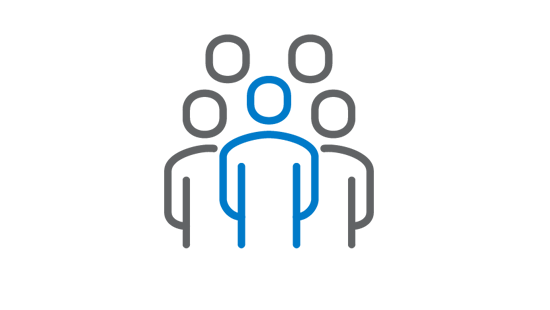
Attract and cultivate
top talent.

Create respectful, inclusive workplaces that allow for a multitude of perspectives.

Do business with our customers and suppliers.
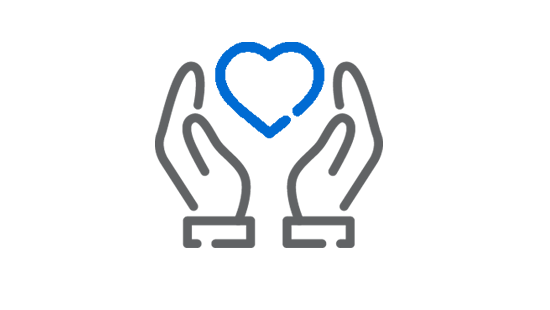
Leverage our relationships within the communities we serve to promote equitable access to opportunity.
Building Belonging Through Employee Resource Groups (ERGs)
Ecolab’s 11 employee resource groups, open to all associates, help foster a culture of inclusion and connection, with more than 9,400 members across 70 countries. Engagement survey results show that ERG members report higher engagement, reinforcing that when people feel they belong, they thrive.
Meet our ERGs and discover how each one fosters connection, growth and inclusion at Ecolab by visiting our Careers page.
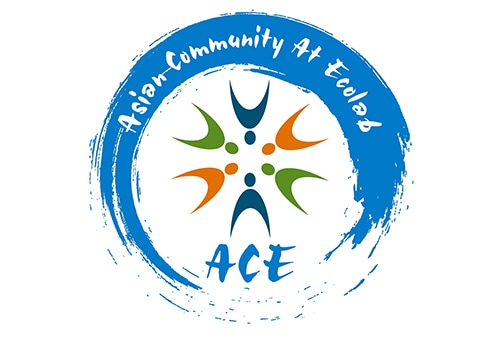
ACE
Asian Community
at Ecolab
2025

Bridges
Supporting high-performing teams across generations

Connect
Bringing
together young professionals
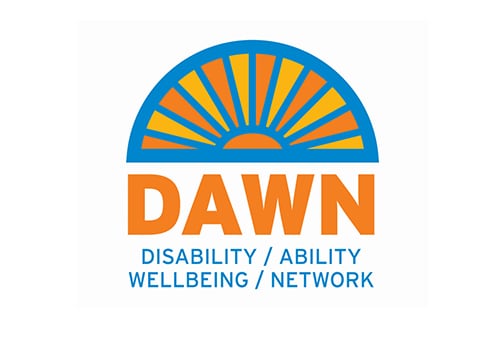
DAWN
Disability, Ability and Wellbeing Network
2025
2025
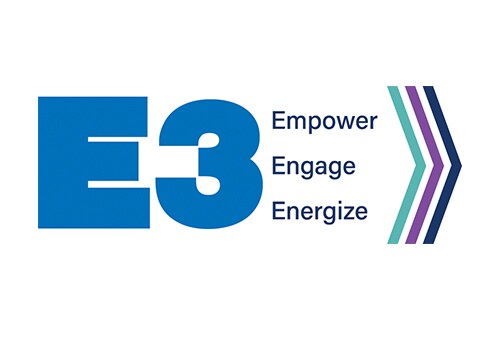
E3
Accelerating the advancement of women and developing leaders
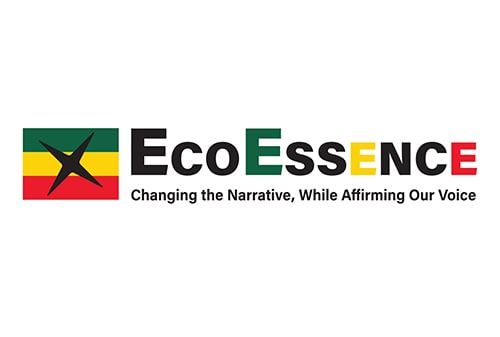
EcoEssence
Supporting and retaining African and African American talent

EcoMondo
International Business and Social Network
2025
2025
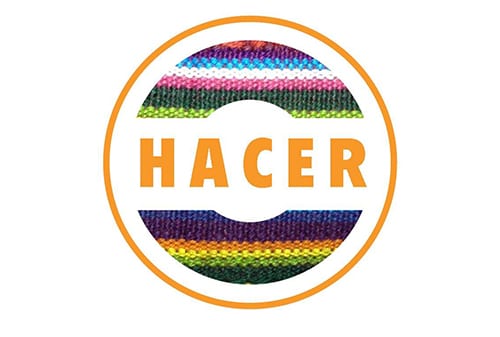
HACER
Promotes the development of Hispanic and Latinx associates
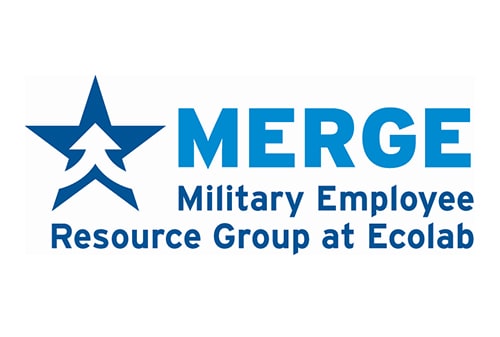
MERGE
Military Employee Resource Group at Ecolab
2025
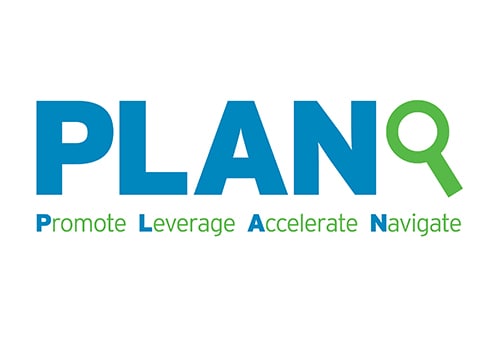
PLAN
Promote, Leverage, Accelerate and Navigate

Pride
Provides support and visibility to the LGBTQ+ community
Recognition for Our Leadership in Diversity, Equity and Inclusion
Join Our Journey
We're committed to creating a workplace where everyone can thrive. Explore career opportunities at Ecolab and be part of our mission to make the world cleaner, safer and healthier.

Explore Our 2030 Positive Impact

Join Our Talent Community
Gender Equality Index
Recent legislation in France requires companies with more than 50 employees to publish a gender equality index score on a scale of 100, calculated based on five criteria.
The index (l’Index Egalité Femmes-Hommes) measures different indicators around professional equality: gap in remuneration, gap in the proportion of women and men receiving an augmentation, gap in the proportion of women and men promoted, the systematic augmentation of women during maternity leave, the number of women among the highest paid in the company.
Companies with scores below a threshold of 75 out of 100 are required to define and put into place corrective measures, within three years.
2023 Gender Equality Index
INDEX 2023
Progress targets 1:
- To have at least 25% women in senior management positions by 2025
- To encourage the recruitment of the under-represented gender at top management level, the company commits to receiving, as far as possible: candidates of the under-represented gender and at least 1 candidate of each gender at the final interview
Progress targets 2:
- The company sets itself a progress objective on the indicator concerning the pay gap, consisting of obtaining a score of 40/40 at the end of 3 years, by annually reducing unjustified pay gaps, which would not be based on objective and relevant criteria, so as to ensure, for the same work or for work of equal value, equal pay between women and men.
Measures:
- Monitor and ensure the proper distribution of the envelopes allocated to increases to reduce the pay gap between women and men in the absence of an objective explanation that could justify the pay gap observed.
- Mixity on our sales teams and access for women to individual variable pay systems determined at the time of recruitment to this type of position, while ensuring fairness of pay on recruitment.


